Beginners Guide
WELCOME, WELCOME!This is a simple, step-by-step introduction to Recovery Dharma.
New to RD? Start at (1) and work your way up at your own speed. We are so glad you are here!
1) What is Recovery Dharma?
New to RD? Read this brochure as an introduction to Recovery Dharma. It explains our program in a helpful way that will make sense to newcomers.
2) What do we do in this program?
There are 7 essential ingredients that make up our program, outlined in “The Practice.” It concisely describes pretty much everything we do here to follow the path of recovery.
3) I'm ready to meet some community members. Where do I find a meeting?
Choose from hundreds of online, hybrid, and in-person meetings. Use the “Type” drop-down menu to find a certain meeting format, a meeting for specific identities groups, or topics.
4) Where can I find the Recovery Dharma book?
The PDF, e-book, and audiobook versions of our book are free at the link below.
The paperback and kindle versions are available for purchase on Amazon via the link below.
5) I'd like to start a regular meditation practice. Where do I start?
Our community has recorded several meditations that you can access here: recoverydharma.org/meditations
For beginners, the heart practice meditations can be highly effective, namely forgiveness and lovingkindness.
6) People asked if I wanted to be a part of an Inquiry Circle — what is that?
Inquiry Circles are small closed groups who meet weekly with a goal of completing their inventories (investigation of the underlying causes of addictive behaviors). These groups offer mutual support, a schedule, momentum, accountability, friendships, co-mentorships, safety, and more. Some people like to do inquiries with a single mentor, some like to do them with an Inquiry Circle.

Finding Refuge in Buddhist Principles / Dharma
The Path
Growth
— Page 7, Recovery Dharma

Finding Refuge in Our Own Potential / Buddha
Renunciation
Meditation
Inquiry and Investigation
You’re reading this right now because you had enough wisdom to start seeking the end of the suffering of your addiction. You’ve already taken the first step on the path to your own awakening. Everyone who has made the wise intention to recover, wherever they are on their path, has accessed that pure, wise part of themselves that the wreckage of addiction can never touch.
— Page 1, Recovery Dharma

Glossary
Many Buddhist ideas are still described in Pāli, or in a very closely related language called Sanskrit, because they are difficult to translate into English. Therefore, the definitions given below are only rough approximations, and it may be beneficial to deepen the understanding of the truths behind these words through reflection and personal practice.
